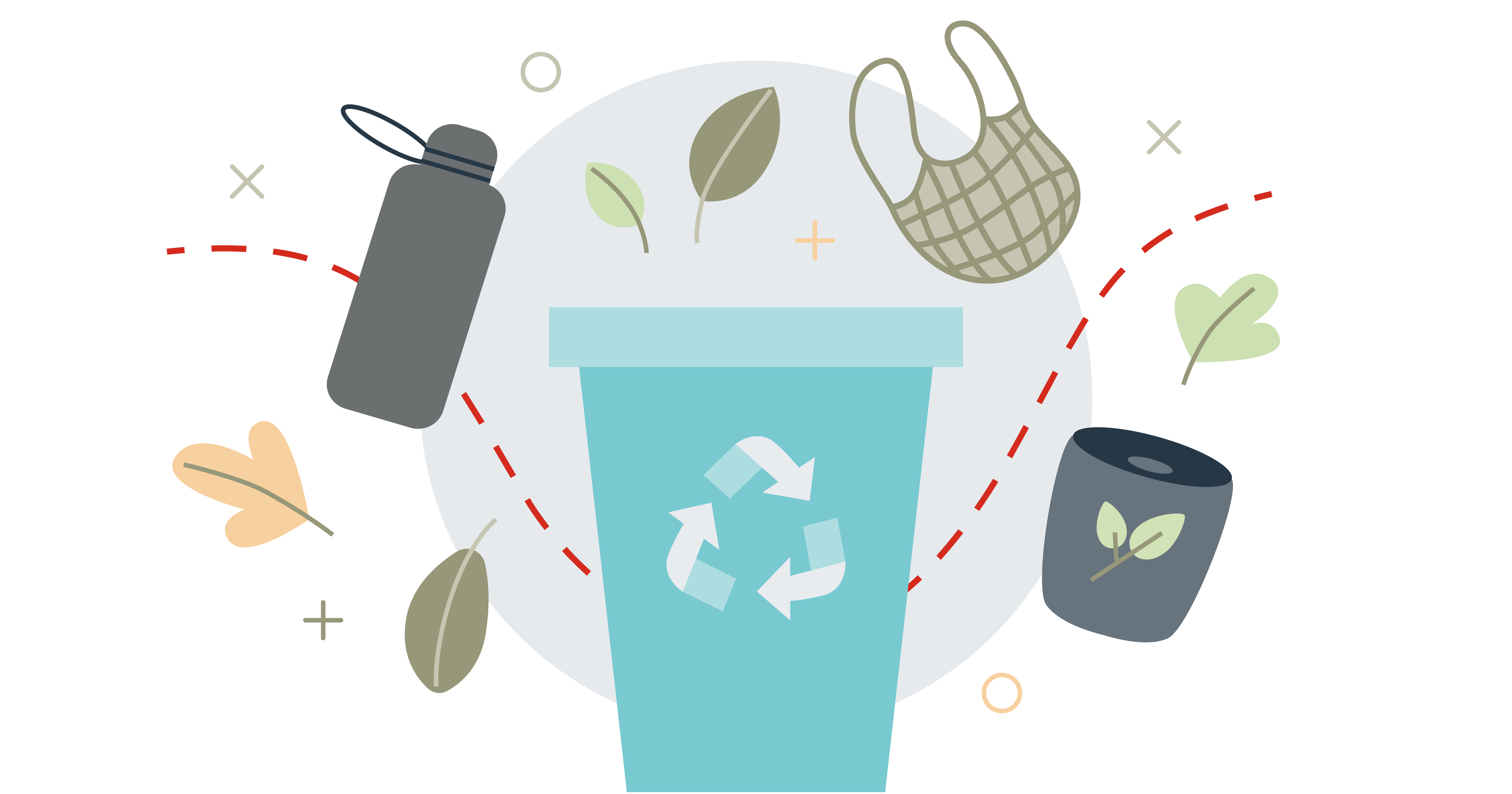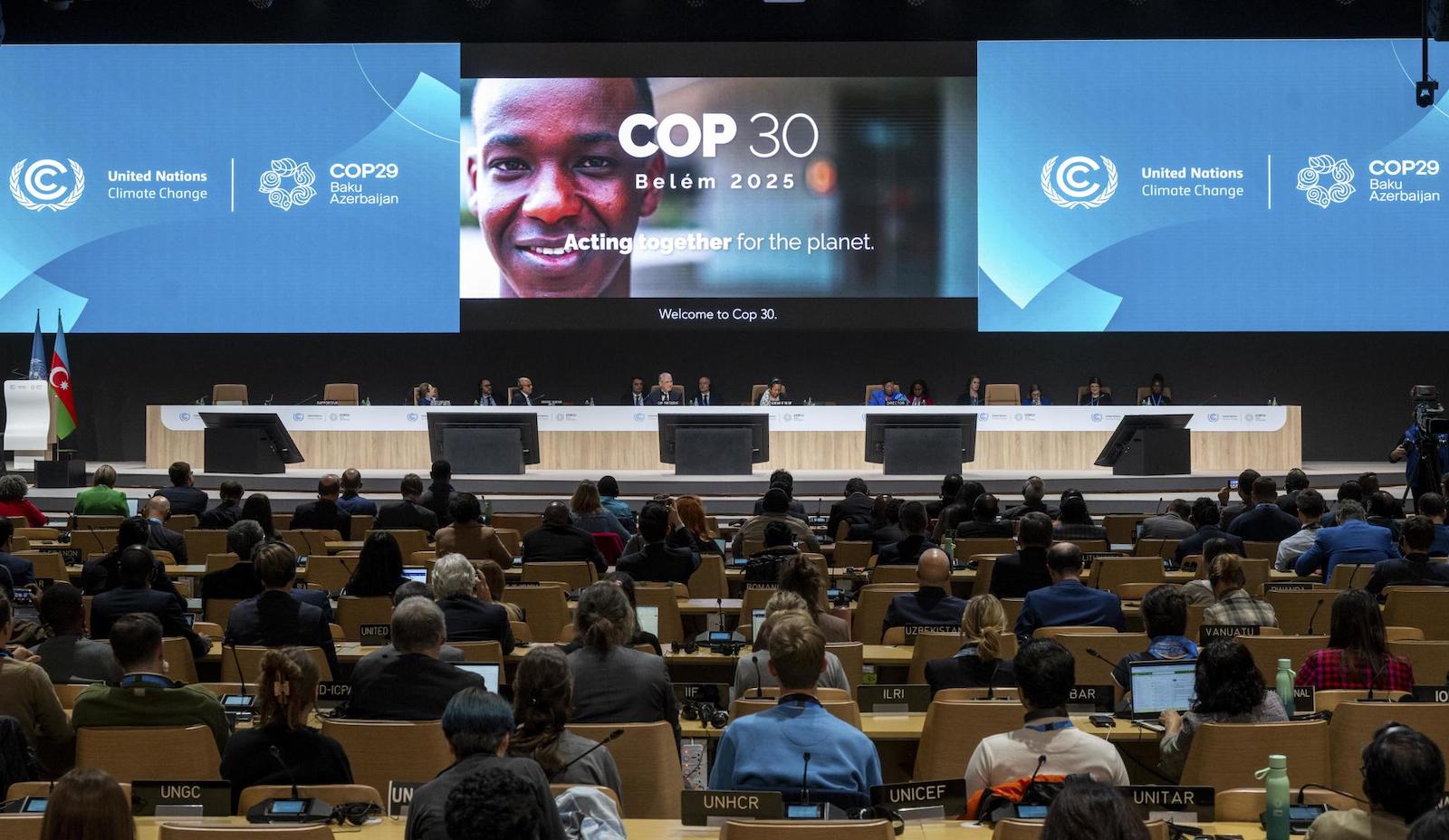Thursday, December 5, 2024
The aim of this movement is to reduce the waste we generate through innovation in production, reuse and recycling
Every day, we consume more and, as a result, more waste is generated, with the consequent impact on the planet, the economy, the environment and health. But awareness about the need to reduce waste is also growing every day. In response to this concern, the United Nations General Assembly adopted a resolution on December 14, 2022, to promote zero waste initiatives that will help achieve the Sustainable Development Goals (SDGs). From then on, the International Day of Zero Waste is held every March 30th.
In the mid-1970s, US chemist Paul Palmer founded the company Zero Waste Systems to find new uses for most of the products manufactured in the electronics industry. The concept of zero waste was born, and it soon became a movement involving the general public, business and public administrations.
While achieving zero waste may seem utopian in the short term, generation of waste can be reduced and existing waste can be reused and recycled, while we also increase the manufacture of new products using reused or recycled materials. These are the pillars of the zero waste philosophy, which is reshaping numerous activities that affect current production and consumption systems. Nature also generates its own waste, but all of it is used within the ecosystem. Getting global society to follow this example is indeed an attainable goal.
There are many people and communities that have adopted a zero-waste way of life. It may appear to be difficult at first glance, but it becomes a simple matter if attention is paid to the amount of waste generated on a daily basis. Consuming responsibly entails small actions: reducing excess packaging, making bulk purchases of many food products, reusing clothing or buying it second-hand, avoiding unnecessary use of water and energy at home and even the natural, artisan production of personal hygiene products or household cleaning products. The zero waste movement is generating a valuable change in our patterns of consumption, and finding information to join up is quite easy.
Similarly, many businesses have committed to reducing waste or using it in the manufacture of new products. Industries aligned with the zero waste philosophy range from companies in the food sector seeking a new consumer channel for their surpluses, to others that are applying eco-design in the manufacture of their packaging, to those that are shifting from fossil fuel-based raw materials to those sourced from waste. For example, R&D&I has enabled the Spanish company Souji to create a product that, previously packaged in sustainable containers made of paper and recycled materials, converts used cooking oil into a powerful multi-purpose cleaner. The company Pack2earth is creating the first containers made from plant and mineral materials that can replace plastic. For its part, PreZero Spain and Moeve will convert urban and industrial waste into second-generation biofuels and circular chemical products.
In addition, numerous measures are being taken by various public administrations to support this necessary change: financial support for research projects in eco-design, efficient management of clean points, the implementation of citizen awareness campaigns, and the establishment of tax benefits for companies that apply the principles of the circular economy in their production chains. In July of this year, the first Directive on consumers’ right to repair, approved by the European Parliament, came into force in Europe. The implementation of the directive will help make repair of a product the first choice before the purchase of a new one, thus reducing the generation of waste.
Advancing in waste reduction has environmental benefits, as it helps to reduce greenhouse gas emissions, minimizes the use of landfills and incinerators and protects natural resources. But it also brings economic benefits, as shown by the zero waste model adopted by the Italian city of Parma. By investing in door-to-door garbage collection and preparation for reuse or recycling, the municipality annually saves €450,000 in waste management.
By incorporating the principles of the zero waste philosophy into all areas of our social system, we will help ensure the future of the planet and, therefore, our own future.
¿Te ha parecido interesante?





